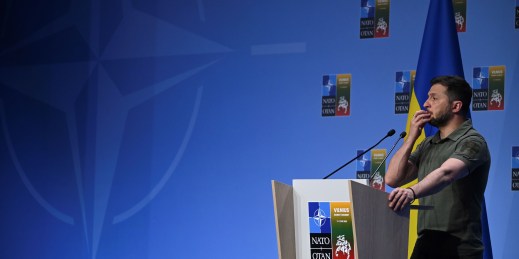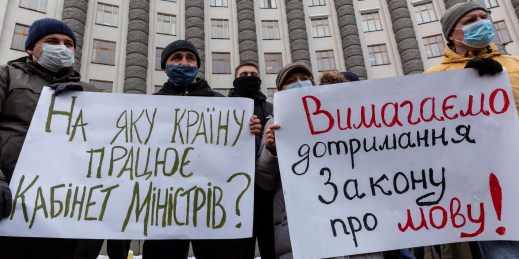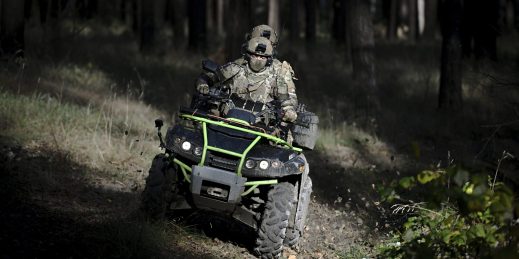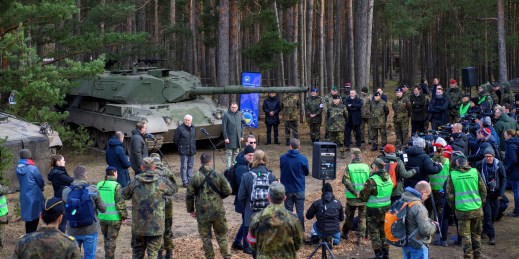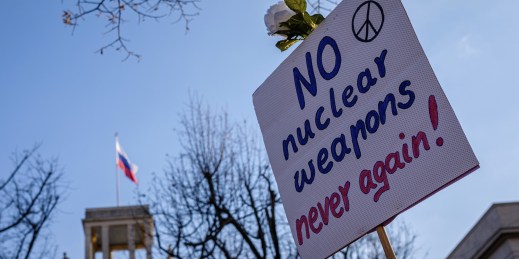
Last week, at the ISA’s annual conference, a roundtable discussion examined how much the nuclear taboo had been weakened by the war in Ukraine and Russia’s nuclear brinksmanship. While the answer was varied, the scholars agreed on one thing: Putin’s threats themselves are not a great barometer of any change in the nuclear taboo.

